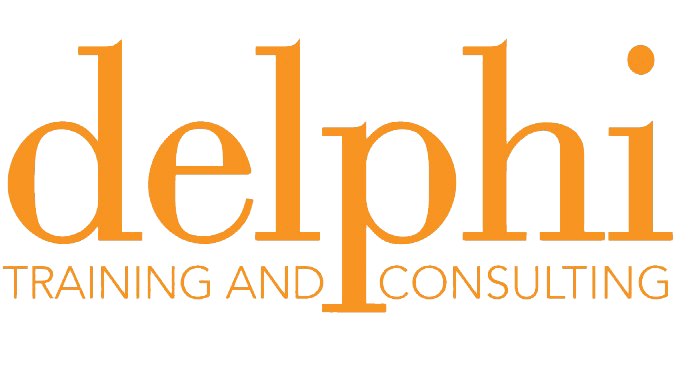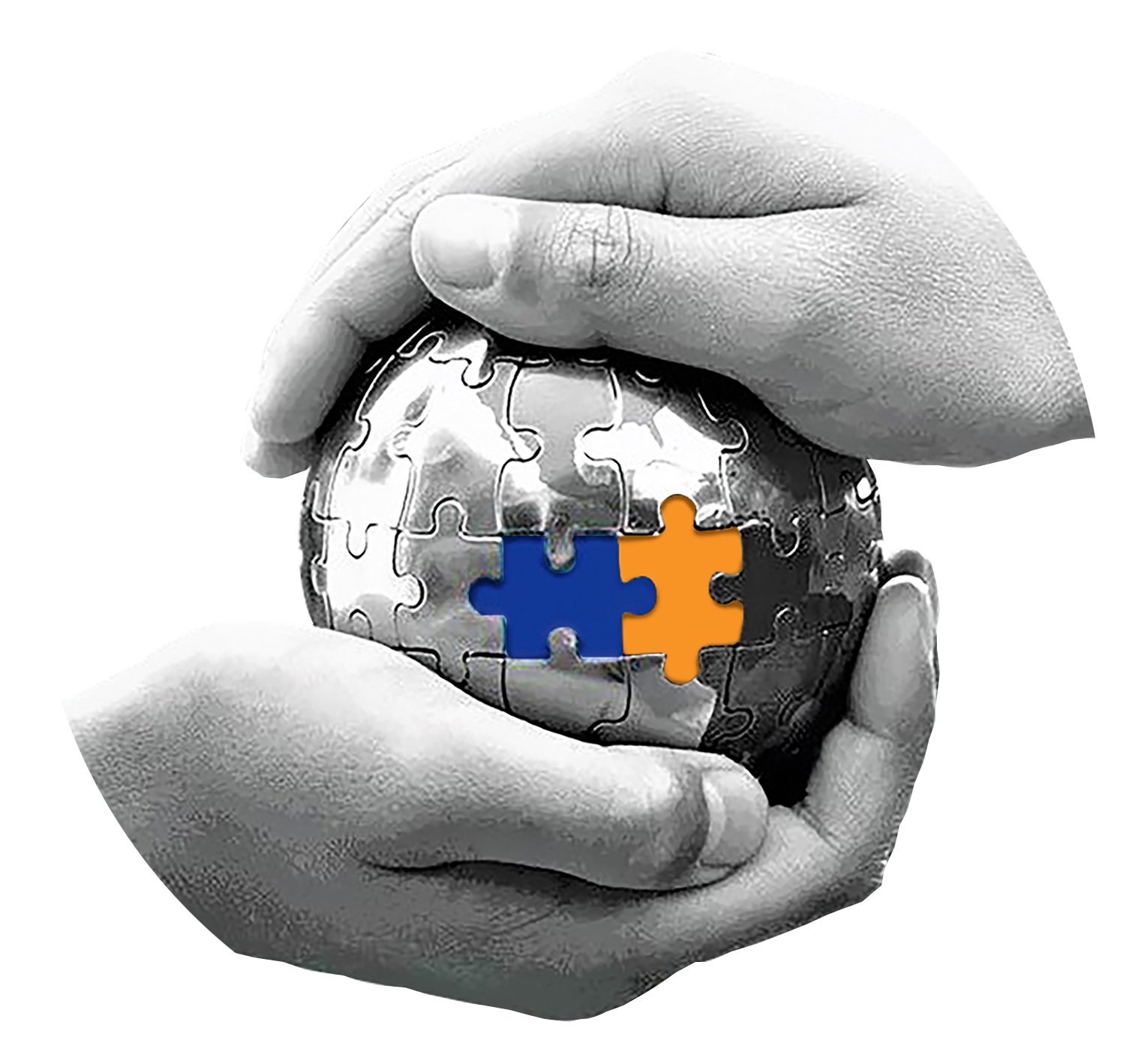
Join our NETWORK
Get all latest news, event updates and access to resources & information.
To recieve a copy of your certificate of completion, please click on the button below, fill in the form and a copy will be emailed you.
Dissociation is a common symptom of trauma and neglect. Dissociation, in the simplest of explanations, is a partial or complete removal of information and awareness. Reasonably, the more trauma a person experiences the more likely dissociation will occur.
Mindfulness and mindfulness meditation has become a very common therapeutic tool. Mindfulness is, in the simplest of definitions, the ability to be aware of conscious and unconscious information. Yet mindfulness still seems to allude and be very difficult for those individuals who chronically dissociate. The reasons reside in the function and purpose of dissociation and the function and purpose of mindfulness.
The traumatic dissociative process is the opposite of the mindfulness process; one is a brain process that increases awareness the other is a brain process that decreases awareness – they are rival brain activities, where dissociation wins every time.
Dissociation is about not knowing the real danger and pain; it is also basically playing dead in the face of life threatening danger, in order to survive. Mindfulness is the highest form of self-knowledge, it is the capacity to know and have understanding of all of one’s self. From this perspective it makes sense that it is not good to be aware of things when you are inside a tiger’s mouth. It also makes sense that a mind that is perpetually dissociating becomes phobic of mindfulness.
This interactive workshop will demonstrate and discuss what mindfulness is, the role mindfulness plays within interpersonal, secure attachment relationships and how mindfulness meditation practices interplay with the dissociative process. Suggestions, alternatives and creative meditations for dissociative disorders will be offered and demonstrated to assist clinicians to teach a dissociative mind to learn to slowly become a mindful, associated mind.
Objectives:
Participants will be able to
To generate your course completion certificate, please enter your details in the form below and a copy of your certificate will be emailed to you shortly.

Christine Forner, BA, BSW, MSW, RSW, has over thirty years’ experience working with individuals with Trauma, Post Traumatic Stress Disorders, Traumatic Dissociation, Developmental Trauma and Dissociative Disorders.
She has specialized training in EMDR, Sensorimotor Psychotherapy, Psychotherapeutic Meditation techniques and Neurofeedback.
Since 2011, Christine has worked in private practice, specializing in complex trauma and dissociative disorders. She is the current clinical supervisor for WayPoints, a centre in Fort McMurry, Alberta that specializes in sexual assault and domestic violence.
She is the past president for the International Society for the Study of Trauma and Dissociation, served on the board of the ISSTD since 2010 and was the ISSTD treasurer from 2011-2017.
Christine is the author of Dissociation, Mindfulness and Creative Meditations: Trauma informed practices to facilitate growth (Routledge, 2017).
Christine presented for Delphi in 2020. Her webinar is available On-Demand.

Delphi Training and Consulting acknowledges Aboriginal and Torres Strait Islander Peoples as the Traditional Owners and Custodians of the lands and waters which we share. We pay our respects to Elders past, present and future. We acknowledge and recognise it is the oldest living culture in the world and that sovereignty has never been ceded. It always was and always will be Aboriginal land.


Delphi is an inclusive and safe organisation. We respect, celebrate and support diversity, the inclusion of children, young people and adults from LGBTQIA+ communities, people with disabilities, people from CALD backgrounds and people with diverse religious beliefs or affiliations.


Get all latest news, event updates and access to resources & information.

To recieve a copy of your certificate please enter your details in the form below, you will recieve a copy of your certificate after submission.